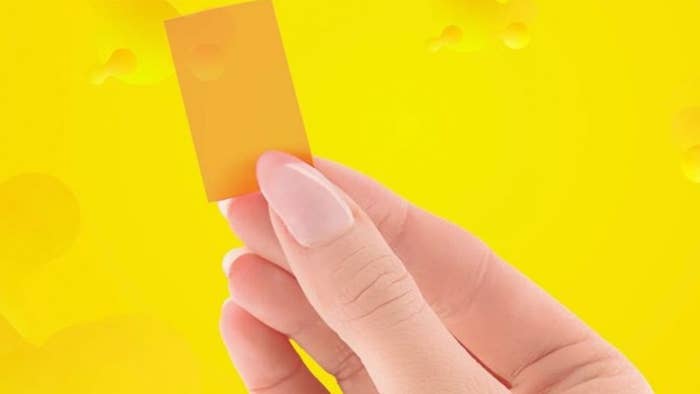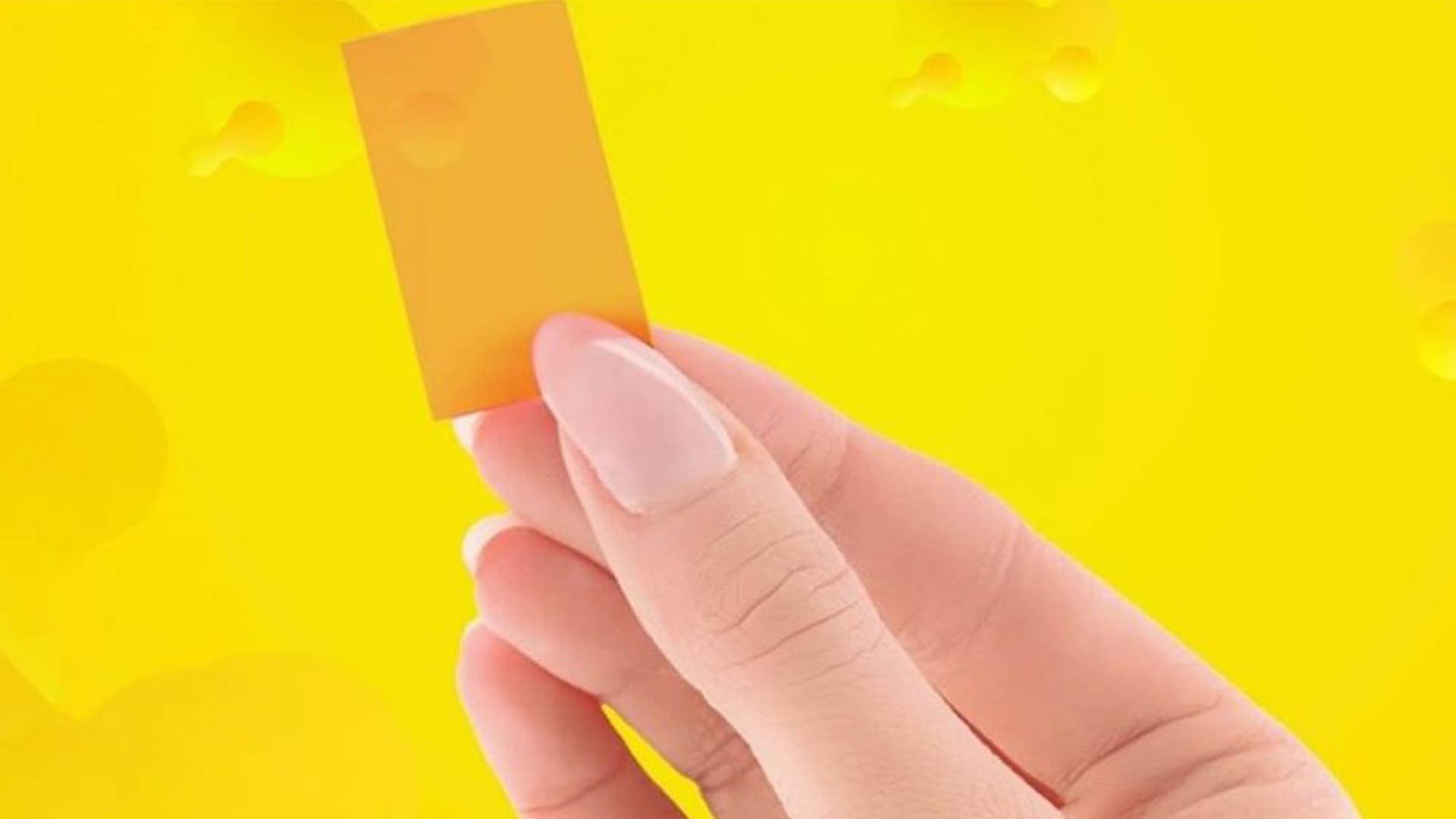
If the thought of suffering through another sore arm thanks to your COVID-19 vaccine injection has you cringing, this Canadian biotech company is cooking up the perfect solution. Rapid Dose Therapeutics is teaming up with McMaster University to develop an ‘oral strip’ similar to a breath strip, that you can eat to become vaccinated.
The idea is that by using orally dissolvable QuickStrip™ technology, proteins can be delivered through the inside of your cheek or under your tongue to elicit an immune response.
Aside from sparing people who fear needles, this method of vaccine delivery offers other benefits. Currently, vaccines such as Pfizer and Moderna have to be kept between –15 C to –80 C at all times. However, the proteins within the QuickStrip remained stable at 40 C, meaning they don’t require the same refrigeration or contained shipping resources of those other vaccines. Plus, the accessible packaging could also assist countries that don’t have the infrastructure to rapidly roll out injectable vaccines.
“Sixty percent or more of the countries are warm—Africa, Mexico. You think of all these countries that don’t have the logistics that we have in North America,” Mark Upsdell, CEO of Rapid Dose Therapeutics, told CBC Hamilton. “You could put, whether it’s dengue or the follow-on influenza, the COVID vaccine into this strip and send that out to those countries that don’t have the infrastructure, [and] at a lower cost. They’d fit into an envelope. They are very, very easy to transport.”
It’s still in the early stages, so it will be a while before everyone is popping strips instead of getting pricked. But the National Research Council of Canada has provided an initial supply of the SARS- CoV-2 spike protein for the McMaster research team to infuse into the QuickStrip for stage two, which will involve trying to deliver the spike protein in animals.

